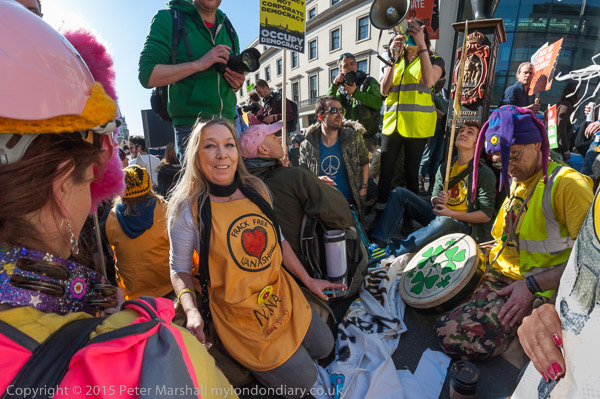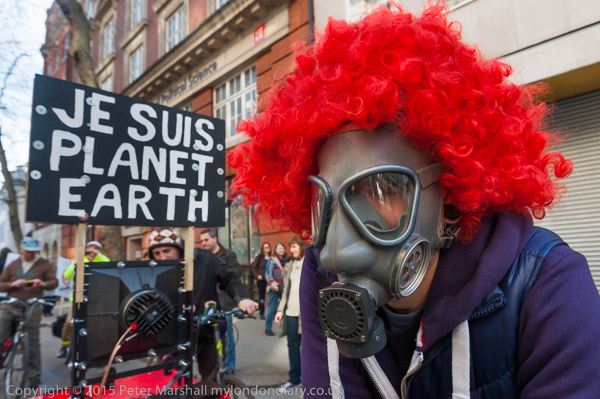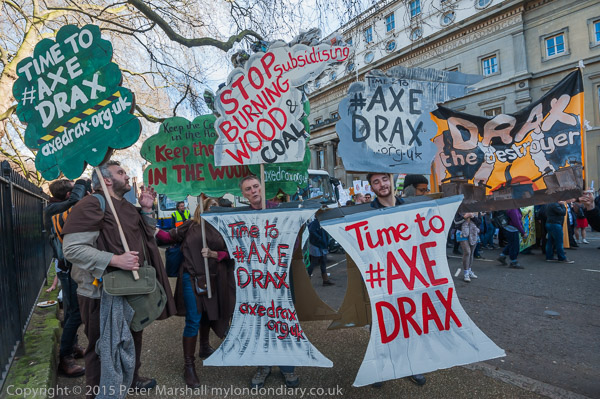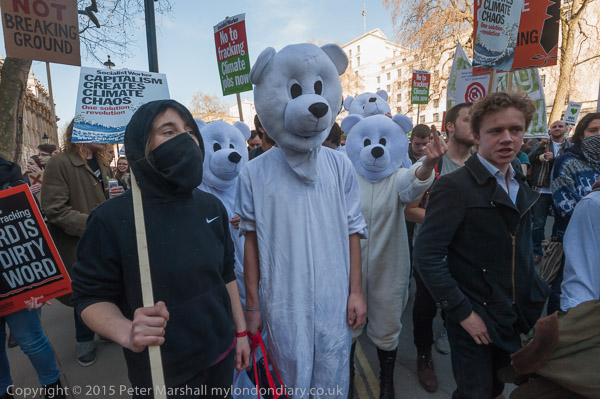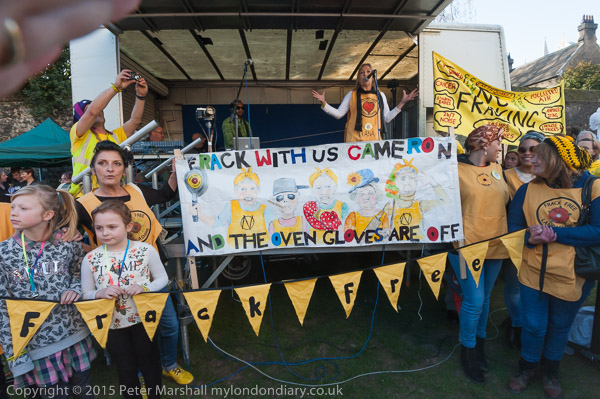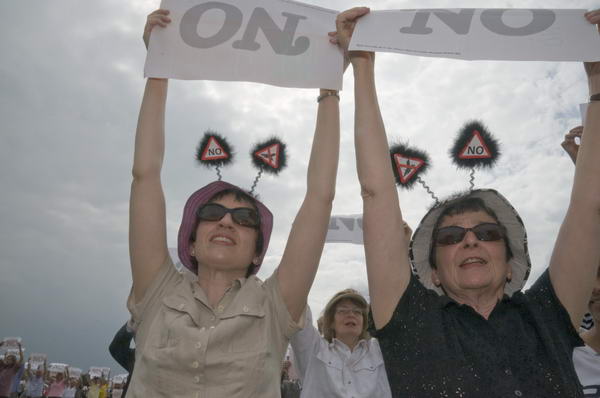
It really is long past time we saw some real policy changes to back up the governments promise to be leaders in the fight against global heating. We need real action on a number of front, but one obvious area is transport.
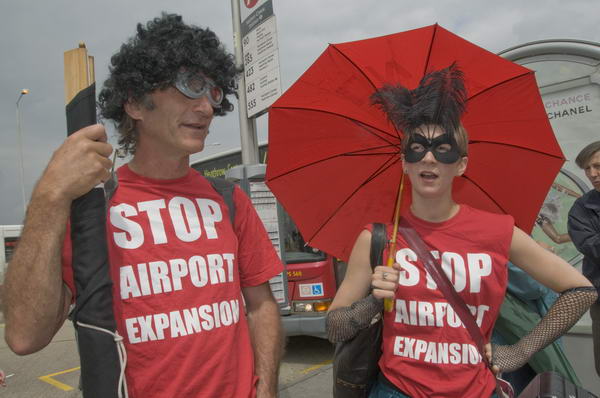
There are I think three major announcements that would clearly demonstrate some substance behind the rhetoric, and it would be good to see them all before the start of COP26 in Glasgow.
Firstly there should be a complete re-evaluation of the £27 road building programme for 2020-2025, with the cancellation of most or all new road schemes, with money being diverted into public transport schemes, better infrastructure for electric vehicles and better maintenance of the existing road network, particularly local roads.
Secondly we should see the cancellation of HS2, any economic case for which has disappeared. It’s hard to know why it was ever given the go-ahead, when better alternatives existed. There should be long term savings from stopping it even at this late stage, and it would be good to see more improvements to the existing rail system and in particular local rail and light rail systems.
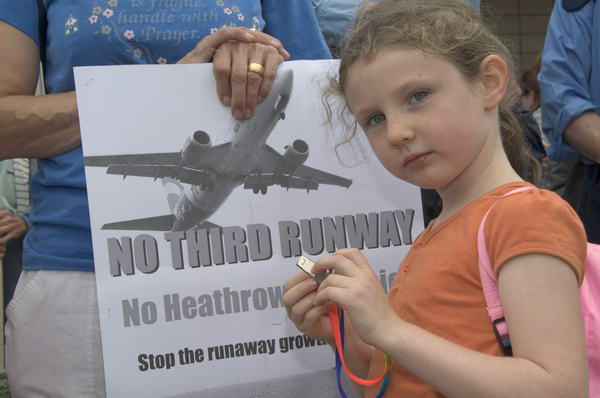
But perhaps the most important announcement would be to end all thoughts of airport expansion and in particular the plans for another runway at Heathrow. It seems very unlikely to actually go ahead, but it would be good for this to again be ruled out.
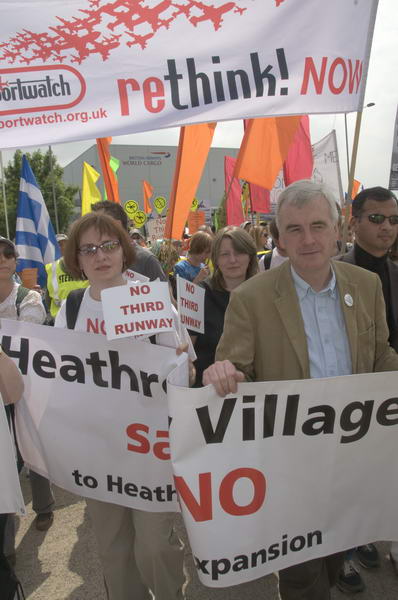
Back on May 31 2008 I was with campaigners marching from Hatton Cross on the edge of Heathrow around the north-eastern edge of the airport to the village of Sipson, a short distance to its north and under threat from demolition for an extra “third” runway. (Heathrow was built with six, but only two are now usable as planes have got larger with higher landing speeds as well as new building on the airport.)
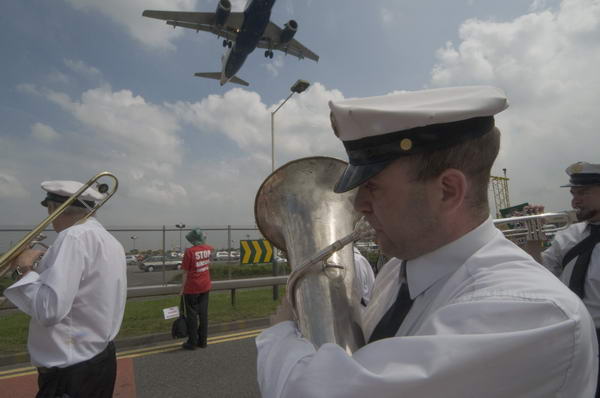
I was one of the campaigners as well as taking photographs, having been a local resident for all but a few years of my life. When I was first aware of Heathrow, DC-3s and other relatively quiet propellor aircraft would amble above my garden perhaps every ten minutes or so and I would see the giant letters under their wings and cross them off in my spotter’s book as they made their way to or from the runway a little under 3 miles away.
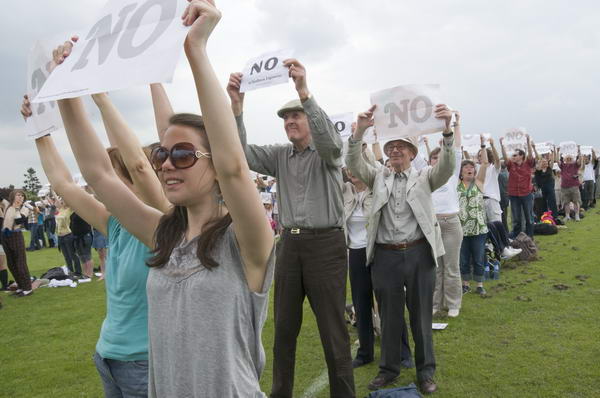
By the time I was in secondary school and taking O and A levels, jets had taken over and the noise was ear-splitting and flights more frequent. My school was a mile further way from the airport, but still under a flightpath, and lessons were often interrupted by the noise. A year or two later we moved house as my father was re-marrying and we needed more space, and he chose a street still close to the airport but centrally between the two flypaths, where aircraft noise for us was greatly reduced.
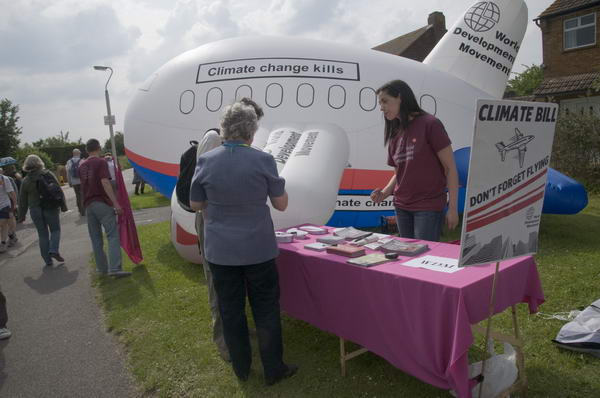
When I moved back to the area in 1974, I chose a house well off the two main flypaths, though still under 4 miles from Heathrow. But when there were strong cross winds, perhaps 20 days a year, aircraft used two of the shorter runways which directed them over our roof – though sometimes it seemed almost as if they were going through the loft and the whole house shook. We had the whole house double-glazed which helped considerably – and the new windows didn’t rattle like the old ones had when the planes flew over.
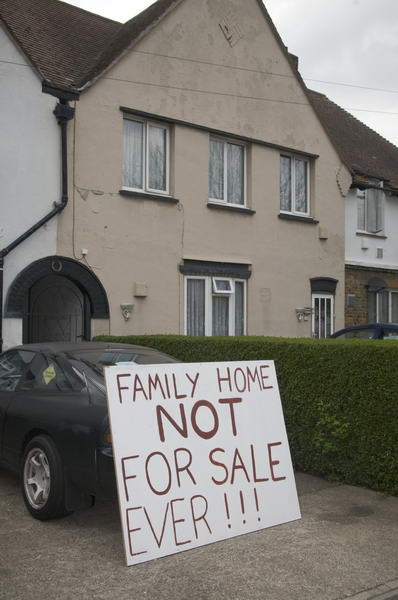
The protest in May 2008 was a part of a long campaign, one of a number of protests I photographed since 2003 which eventually led to the plans for another runway to be dropped. Among those who opposed to expansion were both Conservative and Liberal Democrat parties (and later it was their coalition government which cancelled it on 12 May 2010) and then Mayor of London Boris Johnson. But Heathrow didn’t give up and after a biased commission report Heathrow expansion became government policy in October 2016. It was the wrong decision then and seems totally crazy now in the light of the climate crisis.
